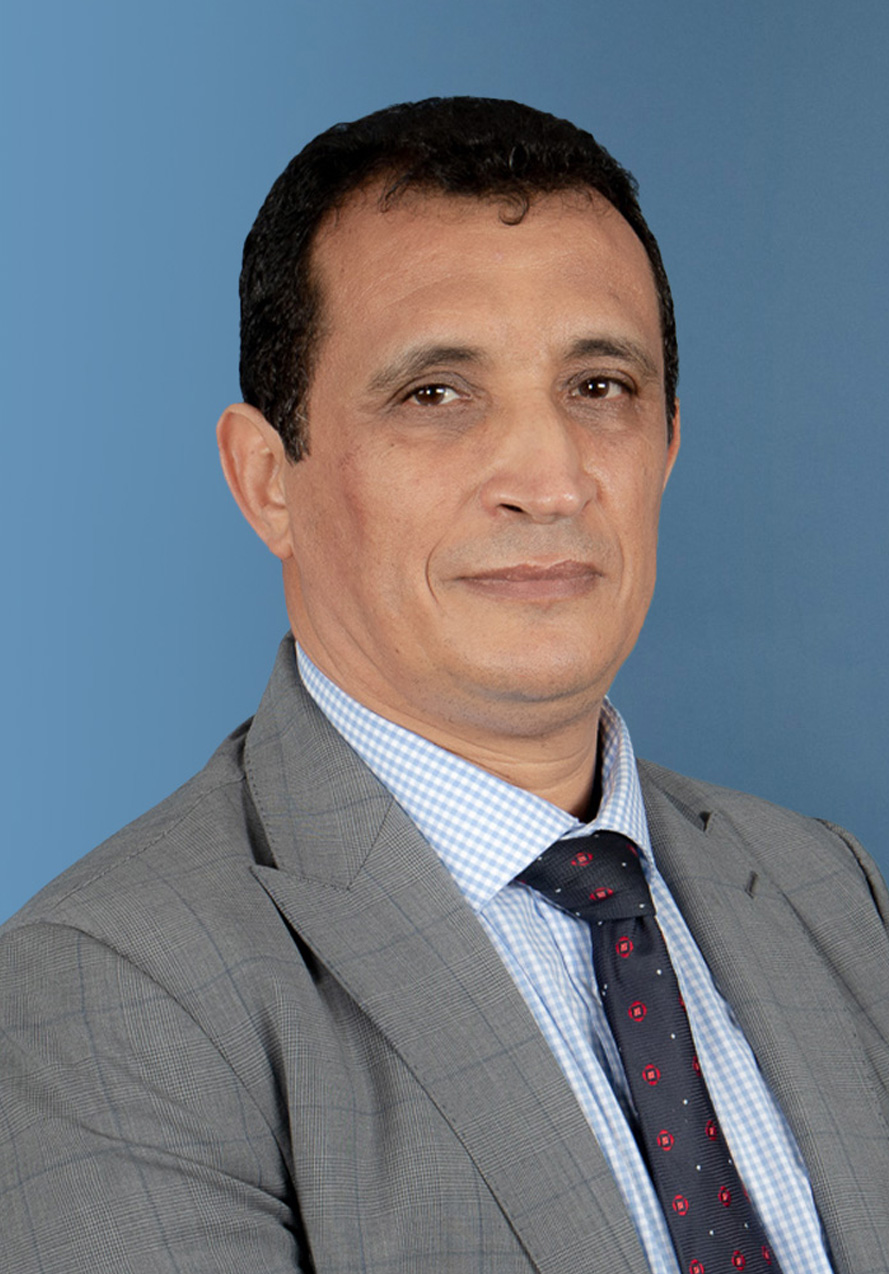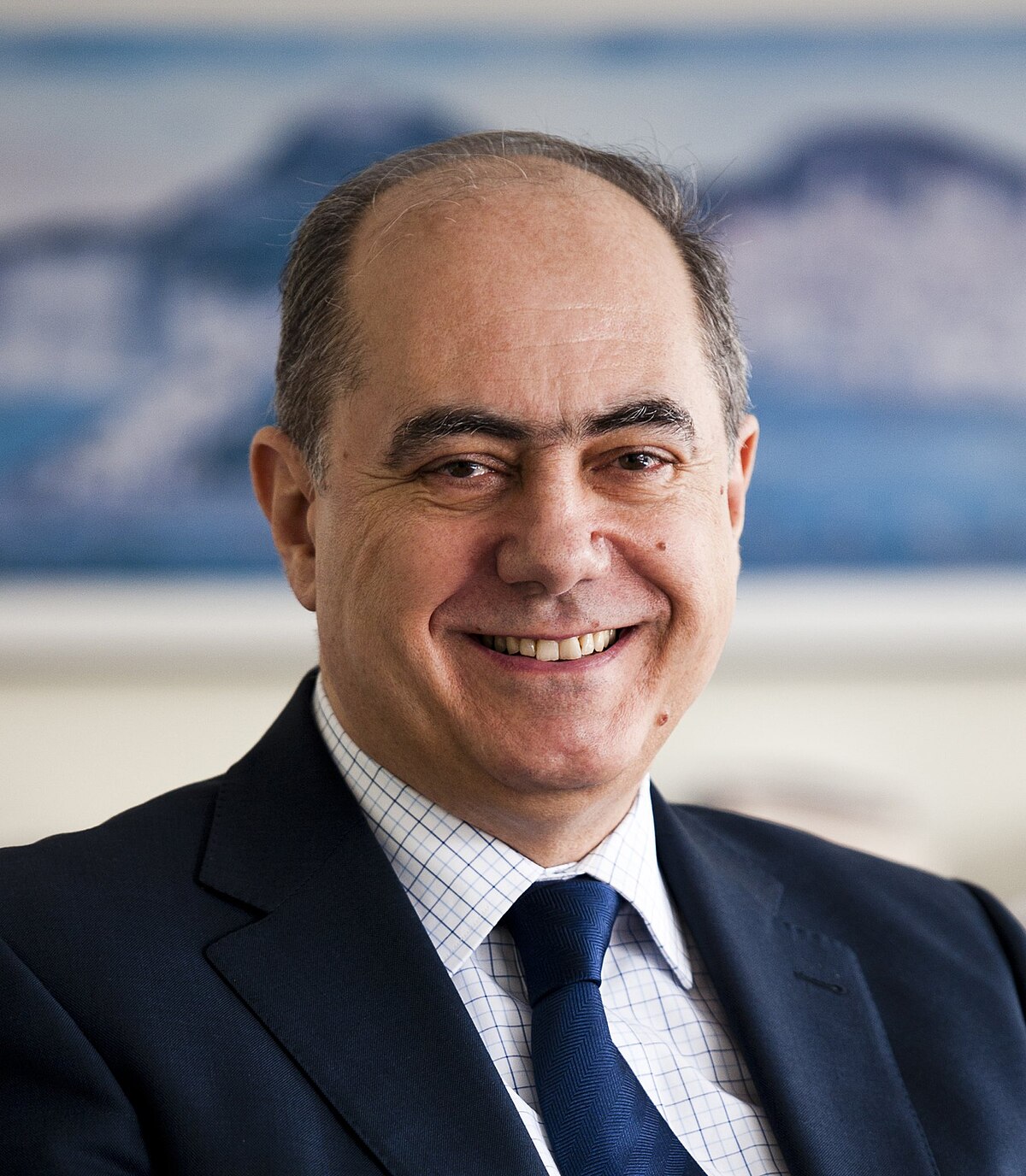The new Euro Mediterranean context: What direction for the Morocco-European Union partnership?
Rachid El Houdaigui's article, "The New Euro-Mediterranean Context: What Direction for the Morocco-European Union Partnership?" analyzes three crucial tendencies contributing to transforming the Euro-Mediterranean paradigm.
The article discusses the significant impacts of global geopolitical and geo-economic factors such as the COVID-19 pandemic, the Russia-Ukraine war, and increasing tensions between the US and China on the European Neighbourhood Policy (ENP)
Professor El Houdaigui argues that the EU's neo-protectionist trade policies and regulatory measures present challenges and opportunities for Morocco. He emphasizes the need for future negotiations to consider new European regulations and Morocco's evolving economic priorities. Additionally, judicial rulings regarding agricultural and fishing agreements linked to the Sahara provinces have become critical issues.
Given the increasingly complex security landscape, the article stresses the necessity of a new political paradigm in the region, including the ongoing instability in Libya, the Sahel, and broader geopolitical changes involving Russia, China, and Turkey.
Rachid El Houdaigui calls for a modernized Morocco-EU partnership that balances economic interdependence and addresses Morocco’s geo-economic ambitions. This partnership would promote inclusive growth, reduce vulnerabilities, and adapt to new global realities. This analysis is essential in the context of the 2023 EuroMeSCo Euromed Survey, which reflects on the future of the ENP and its relevance for the Southern Mediterranean countries.













